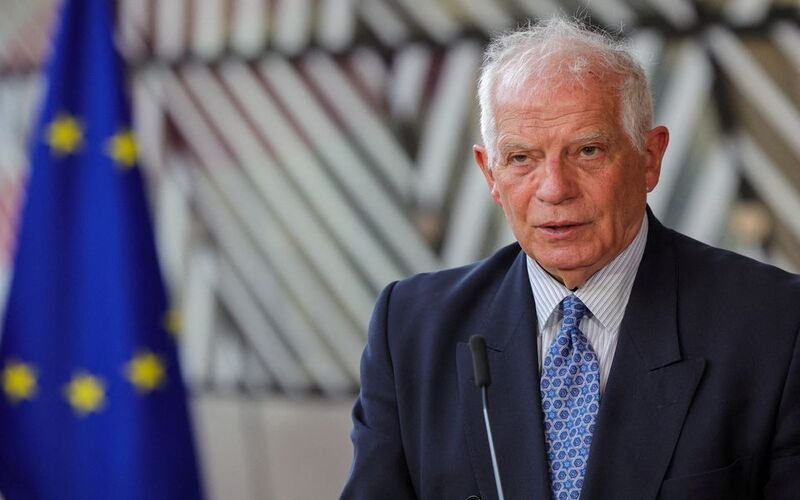The European Union’s High Representative for Foreign Affairs and Security Policy, Josep Borrell, has accused Russia of exacerbating the global food crisis by withdrawing from a grain deal. The decision to terminate the agreement has raised concerns about the impact on food security and international relations. In this article, we delve into the implications of Russia’s withdrawal from the grain deal and its potential consequences on the global food situation.
The Grain Deal Withdrawal
Russia’s decision to withdraw from the grain deal has drawn international attention and criticism. The deal was a significant trade agreement to ensure a stable grain supply to global markets, particularly during heightened food insecurity.
Russia’s role as a major grain exporter comes under scrutiny by terminating the deal, raising questions about its commitment to global food security.
Impact on Global Food Crisis
The global food crisis has been a pressing issue, with various regions facing challenges in meeting the rising demand for food. With the world’s population continuously growing, ensuring a stable supply of essential commodities like grain is essential to combat hunger and support sustainable development.
Russia’s withdrawal from the grain deal could exacerbate the global food crisis, leading to potential price volatility and supply shortages in the international grain market.
Geopolitical Implications
Russia’s termination of the grain deal may have geopolitical implications, affecting the country’s relations with other nations and international organizations. The decision could be perceived as a move to assert Russia’s economic interests, potentially impacting diplomatic ties and trade relationships.
The situation may also prompt responses from other grain-exporting countries, leading to shifts in global trade dynamics and geopolitical alliances.
Addressing Food Security Concerns
In light of Russia’s withdrawal from the grain deal, efforts to address food security concerns have become even more critical. The international community may need to explore alternative grain sources and collaborate on initiatives to stabilize food markets and alleviate food shortages in vulnerable regions.
Cooperation between nations, particularly major grain producers and importers, will be vital in finding sustainable solutions to the global food crisis.
Navigating Global Trade Relations
Russia’s withdrawal from the grain deal may prompt discussions on trade relations and mechanisms to ensure stability in commodity markets. Governments and international organizations may explore ways to safeguard against similar disruptions in the future, seeking to maintain a predictable and reliable grain supply for countries heavily reliant on imports.
Transparent and open dialogue between nations will foster a cooperative approach to global trade and food security.
Conclusion
The European Union’s accusation against Russia of causing the global food crisis with the withdrawal from the grain deal raises concerns about food security and international relations. Terminating the agreement could exacerbate food shortages and price fluctuations in the international grain market, impacting vulnerable regions worldwide.
Addressing the global food crisis requires concerted efforts from nations, organizations, and industry stakeholders to ensure a stable and sustainable supply of essential commodities like grain. As geopolitical dynamics continue to evolve, open and transparent dialogue between nations is crucial in finding collaborative solutions to enhance global food security and mitigate the impact of food crises on vulnerable populations.










































Comment Template